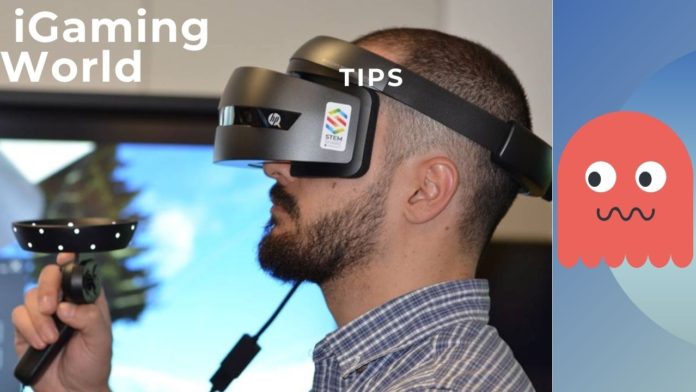Like other entertainment industries, the online casino sector is continually seeking to evolve and become more advanced. Compared to prior decades, the market has come on leaps and bounds, but there’s still room for improvement. Forward-thinking technology is at the heart of the industry, and that won’t change over the coming decade and beyond. But what technologies can further advance the sector that’s forecast to enjoy an 11.5 percent compound annual growth rate between 2019 and 2027? Well, let’s look at a few options.
Artificial Intelligence and Virtual Reality
Since 1951, artificial intelligence has played a pivotal role in the gaming industry. Nowadays, simulating human intelligence is part and parcel of mainstream console gaming and casino gaming. In 2021, AI can aid digital platforms in numerous ways, including from a customer service standpoint. While many top-rated platforms have AI-powered live chat features, these support services can be somewhat problematic. In the future, it’s thought that computer-powered chat bots will become more advanced and thus able to provide more sophisticated responses based on player habits.
AR and VR technology will also likely lead by example in enhancing live-dealer game realism. Modern technology has ended the industry’s 16-bit era and spearheaded a new period of immersion and visual clarity. Should it continue to do so, Genesis Casino live games, for example, could become more lifelike and increasingly representative of real-world casinos. The platform’s offerings currently include real-time variants of traditional games, such as Casino Hold’em, European Roulette, and Speed Baccarat Live, as well as Dream Catcher and Monopoly Live.
In recent years, increasing numbers of virtual reality casinos have hit the market. However, compared to existing web-based alternatives, they’re yet to enjoy similar levels of popularity, but there’s no reason that can’t and won’t change. By combining VR with live-dealer games, virtual reality could create a more engaging experience that mirrors real-world establishments’ characteristics. Not only that, but through displaying human gestures and communication, VR would replicate the social aspect of land-based casino gaming.
Cryptocurrency
Following Bitcoin’s emergence in 2009, the cryptocurrency industry has exceeded all expectations. According to QZ’s data, crypto is now the world’s fifth-most circulated currency. In total, the collective value of all cryptos surpassed $1 trillion at the start of 2021. Because of the sector’s undeniable popularity within the 21st century, there’s scope for online casinos to embrace cryptocurrency and make it a go-to payment method.
For players, the widespread introduction of cryptos into the online casino world would prove highly beneficial. Cryptocurrency guarantees user privacy, which is of utmost importance within the 21st century. Not only that, but cryptos would also help to eliminate banking and withdrawal fees from the iGaming sector. In turn, this would help to maximize player earnings.
The Pursuit of Realism and Player Security is Ongoing
At some platforms, all of the above three technologies have already been introduced. However, their potential remains untapped. There’s scope for the iGaming industry to hit new heights over the coming years, and a focus on realism and user privacy could be at the forefront of future developments.















